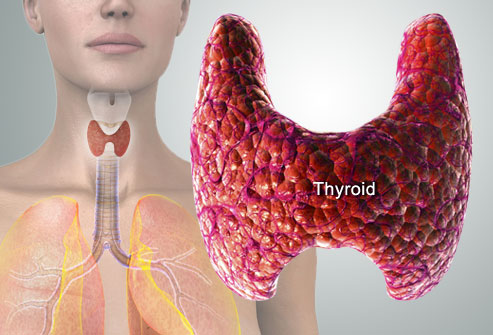The Truth About Desiccated Thyroid Extract (DTE) vs. Synthetic Thyroid Hormones
At Austin Thyroid & Endocrinology, we know managing thyroid health can feel overwhelming. One topic that sparks a lot of questions is the difference between desiccated thyroid extract (DTE) and synthetic thyroid hormones. Let’s break it down so you can make informed decisions about your health.
What Is Desiccated Thyroid Extract (DTE)?
Desiccated thyroid extract, like Armour Thyroid or Nature-Throid, is derived from animal thyroid glands, typically pigs, and contains a fixed ratio of thyroid hormones: T4 (thyroxine) and T3 (triiodothyronine) in approximately a 4:1 ratio. This differs from the natural ratio of thyroid hormones in humans, which is closer to 20:1.
While products like Nature-Throid are sometimes marketed as “natural” because they include ingredients derived from sources like yams, it’s important to clarify that the yam-derived components are only used in processing. The active thyroid hormones in these medications are still sourced from animals. The yam connection can create misconceptions that these products are plant-based or gentler, which is not scientifically accurate.
The higher T3 content in DTE can cause hormone surges, leading to risks such as:
- Cardiac Effects: Elevated T3 levels can overstimulate the heart, increasing risks of arrhythmias and heart failure along with increasing your risk of stroke by 20%.
- Bone Health Concerns: High T3 accelerates bone loss, which may lead to osteoporosis and fractures.
Why We Recommend Synthetic Thyroid Hormones
For most patients, synthetic thyroid hormones like levothyroxine (T4) are the safest and most effective option. Levothyroxine provides a steady supply of T4, which the body naturally converts into T3 as needed, closely mimicking how the thyroid functions.
In some cases, we may prescribe liothyronine (T3) alongside levothyroxine for more customized treatment. This approach ensures more precise control of hormone levels without the risks associated with the fixed T4:T3 ratio in DTE.
Why We Don’t Recommend DTE
At Austin Thyroid & Endocrinology, patient safety is our top priority. While DTE is often marketed as a “natural” option, its unpredictable nature and higher T3 content can pose significant risks, especially for patients with heart conditions or osteoporosis.
Here’s why we advise against DTE:
- Unpredictable Hormone Levels: The fixed ratio of T4 and T3 doesn’t allow for individualized dosing, leading to hormone surges and symptoms of hyperthyroidism.
- Cardiovascular Risks: Excess T3 can overstimulate the heart, increasing the likelihood of arrhythmias and other complications. Increases your stroke risk by 20%
- Bone Loss: High T3 levels accelerate bone turnover, weakening bone density over time.
Just because something is labeled “natural” doesn’t mean it’s safer or better for you.
Your Health, Our Priority
At Austin Thyroid & Endocrinology, we base our treatment recommendations on decades of clinical research and expertise along with the recommendations of the American Thyroid Association and the American College of Clinical Endocrinology. Our goal is to provide you with safe, effective, and individualized care. If you have questions about your thyroid health or treatment options, we’re here to help.
Schedule a consultation today to learn more about your thyroid and develop a personalized treatment plan that works for you.
For more information, visit us at Austin Thyroid & Endocrinology or call 512-467-2727. Together, we’ll keep your thyroid health on track.


Recent Comments